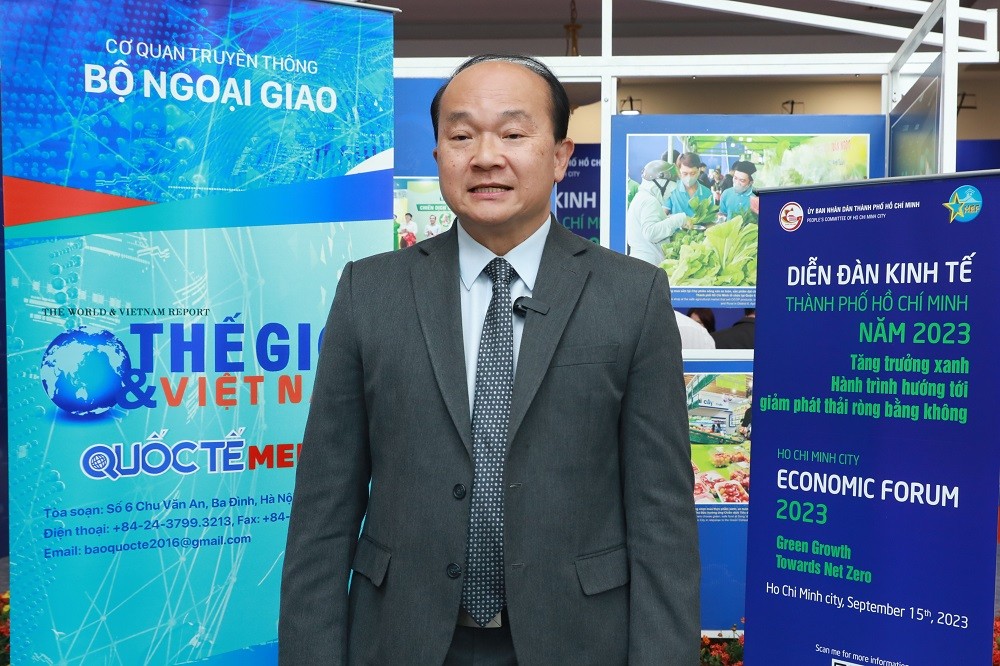 |
| Singaporean Consul General in Ho Chi Minh City Roy Kho shares the Southeast Asian country's green development experience with Ho Chi Minh City. (Photo: Ben Thanh) |
New Mission
Sharing some of the country's lessons on promoting green growth, Singaporean Consul General in Ho Chi Minh City Roy Kho said that to overcome the challenges of climate change, his country has for many years implemented the sustainable development process and achieved certain results.
Today, Singapore is one of the greenest cities in the world, the diplomat said. One-third of the island nation is covered in trees. Singapore is one of the few countries with a water cycle that recycles every drop of water.
However, he said the Lion City is still facing some challenges in this process such as lack of natural resources or land for renewable energy development. However, Consul General Roy Kho believes that: “As we faced the challenges in the past, we are continuing to do the same in the present by using technology, policy solutions”.
Regarding cooperation with Ho Chi Minh City, he stated: “Singapore has been working closely with Ho Chi Minh City in sustainable development through a number of activities, including capacity building and training, information and idea exchange between government officials from both sides.” The diplomat mentioned a number of agreements signed during the recent meeting between Singaporean Prime Minister Lee Hsien Loong and Vietnamese Prime Minister Pham Minh Chinh, including issues related to promoting the green and digital economy. This agreement has been translated into circular economy projects, renewable economy and carbon credit trading.
“Our mission now is to implement this project in Ho Chi Minh City because the city has favorable conditions and potential. Along with that, we continue to support Vietnam in setting goals and directions to respond to the challenges of climate change,” he said.
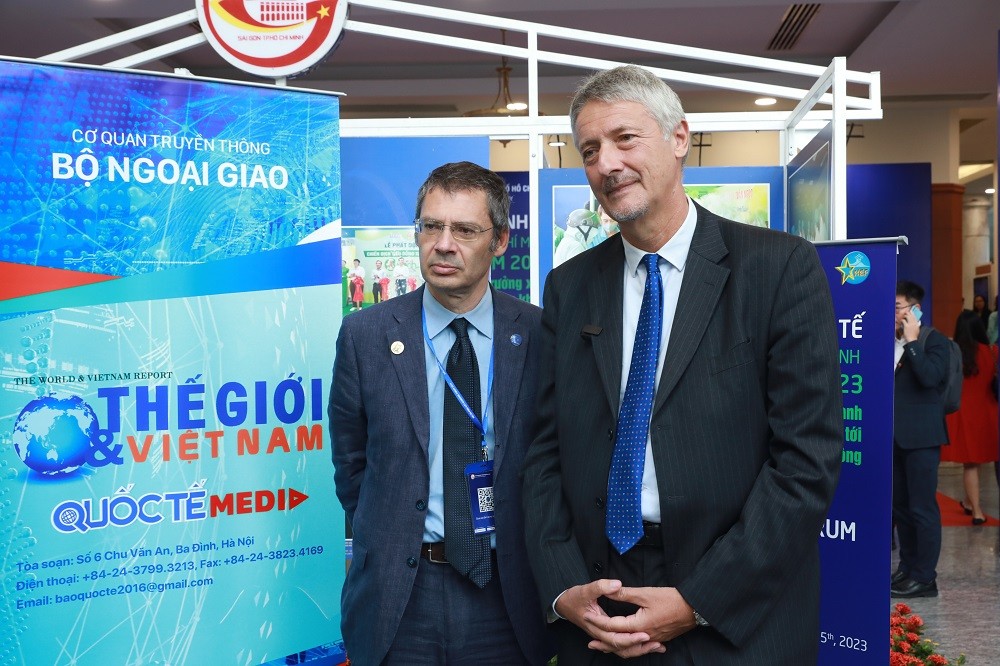 |
| Italian Consul General Enrico Padura (right) and Mr. Mario Jorizzo, representative of the National Agency for New Technologies, Energy and Sustainable Economic Development of Italy, shared about two Italian approaches to sustainable development. (Photo: Ben Thanh) |
“Hard” and “Soft” Approaches
Italian Consul General Enrico Padura and Mr. Mario Jorizzo, representative of the Italian National Agency for New Technologies, Energy and Sustainable Economic Development, shared their views on green development of Ho Chi Minh City and the potential for cooperation between this country and the City.
Consul General Enrico Padura highly appreciated the Ho Chi Minh City People's Committee's organization of HEF 2023, as this is an important opportunity to exchange experiences and lessons at the local level to promote deeper relationships, not only between countries, but also between major cities in the world.
Believing that green development is “the key to future cooperation”, the Italian diplomat said that there is still much room for further cooperation between the two sides, especially when Ho Chi Minh City has established sister cities with a number of Italian cities.
For his part, Mr. Mario Jorizzo said that the circular economy is one of the main pillars of the ecological transition at the European level and is in line with Italy's national policies and strategies. According to the Italian representative, although the concept of the circular economy is simply "maintaining the value stream as long as possible in the economic model", coming up with the right strategy and implementing it is not simple across different industries and sectors.
In addition, it is important to involve stakeholders in the process of defining a strategy for the transition to a circular economy. Italy has created the ICESP (Italian Circular Economy Stakeholder Platform), where people can share their best practices and opinions on the best strategies and common solutions.
Another important factor is the participation of people in this process: the circular economy is a process that involves not only production but also consumption and people's behavior.
Regarding implementation, Mr. Jorizzo shared Italy’s “soft” and “hard” approaches. The “soft” approach refers to regulations and targets that need to be improved and adjusted by businesses. Meanwhile, the “hard” measures are related to technological aspects, such as the technology required to recycle composite materials… Furthermore, another hard approach can refer to strengthening capacity and know-how to utilize resources to develop and apply the circular economy.
Finally, the Italian scholar believes that another important factor is to create networks and relationships between actors, because the circular economy often relies on many collaborations and innovations to stimulate green economic growth.
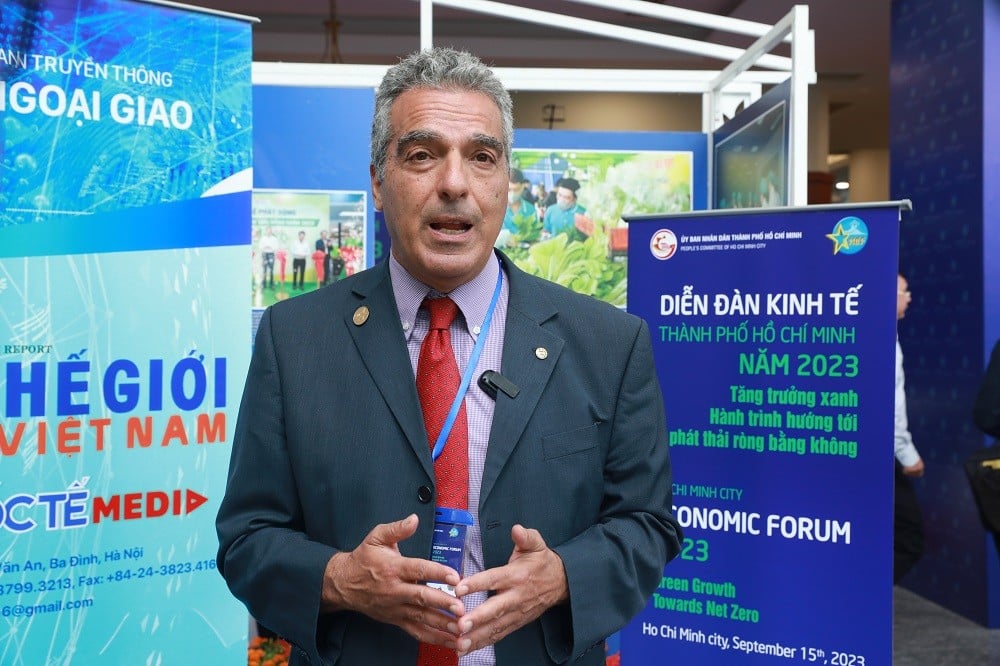 |
| Special Envoy of the Israeli Ministry of Foreign Affairs Gideon Behar hopes that Israel and Ho Chi Minh City will continue to exchange expert delegations and promote close cooperation, including in the field of climate change. (Photo: Ben Thanh) |
Solid foundation for development
Finally, Mr. Gideon Behar, Israeli Special Envoy for Climate Change and Sustainable Development at the Israeli Ministry of Foreign Affairs, commented that Vietnam-Israel relations are in a good state, creating a premise for sustainable development: “This year, we celebrate the 30th anniversary of establishing diplomatic relations. We have also signed a Free Trade Agreement. I am sure that these will promote economic and business relations between Israel and Vietnam.”
The Israeli diplomat believes that this will be the basis for further cooperation in the fields of innovation, green development and renewable energy. He said: “The two countries are implementing a lot of cooperation. Two-way trade is growing and reaching several billion USD. There is also a lot of cooperation between Israel and Ho Chi Minh City such as in the fields of innovation, water, agriculture... Delegations from Ho Chi Minh City including experts have come to Israel and there are also Israeli experts coming to Ho Chi Minh City to exchange knowledge and share experiences, including many aspects related to sustainable development such as water resource management, renewable energy and innovation”.
Source



![[Photo] Ministry of Defense sees off relief forces to the airport to Myanmar for mission](https://vstatic.vietnam.vn/vietnam/resource/IMAGE/2025/3/30/245629fab9d644fd909ecd67f1749123)






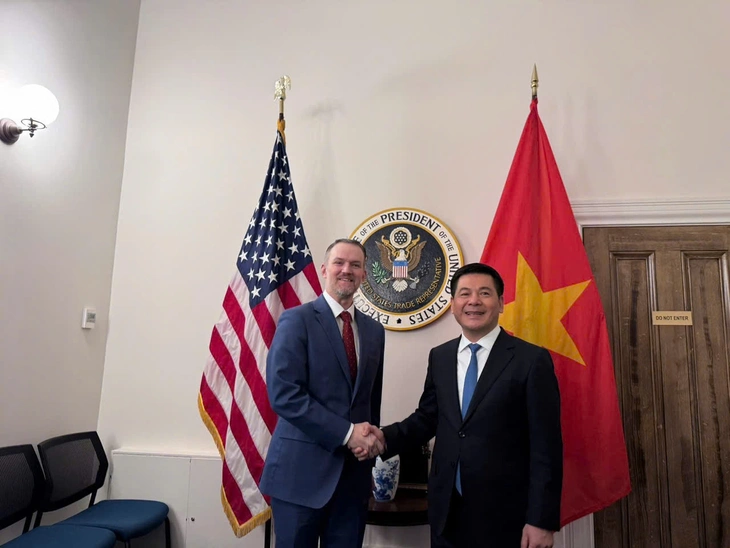


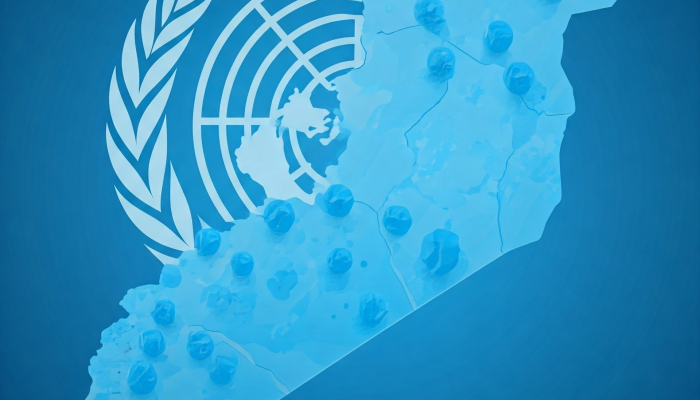
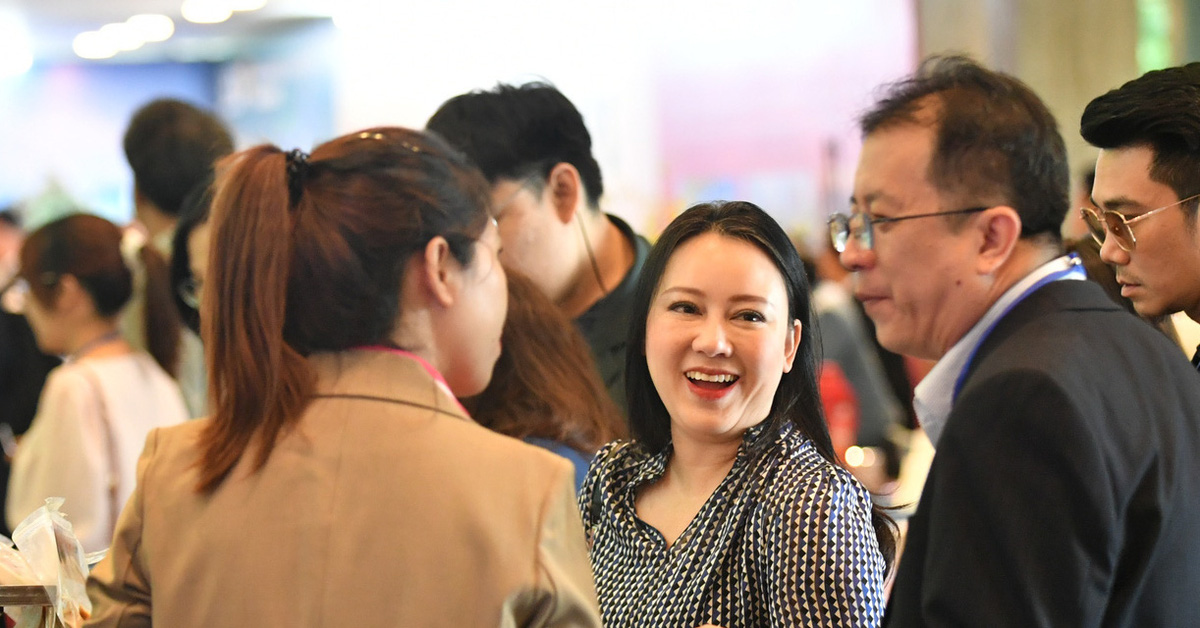
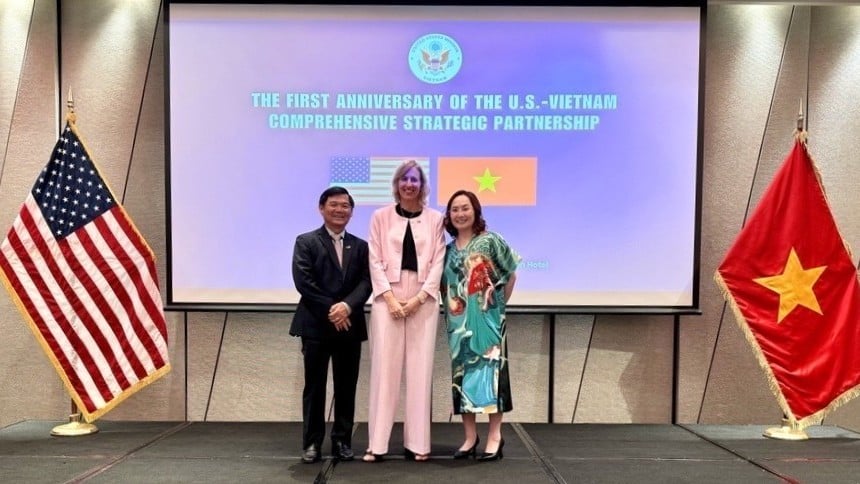
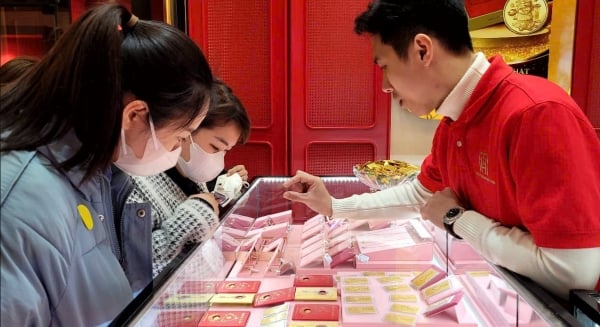
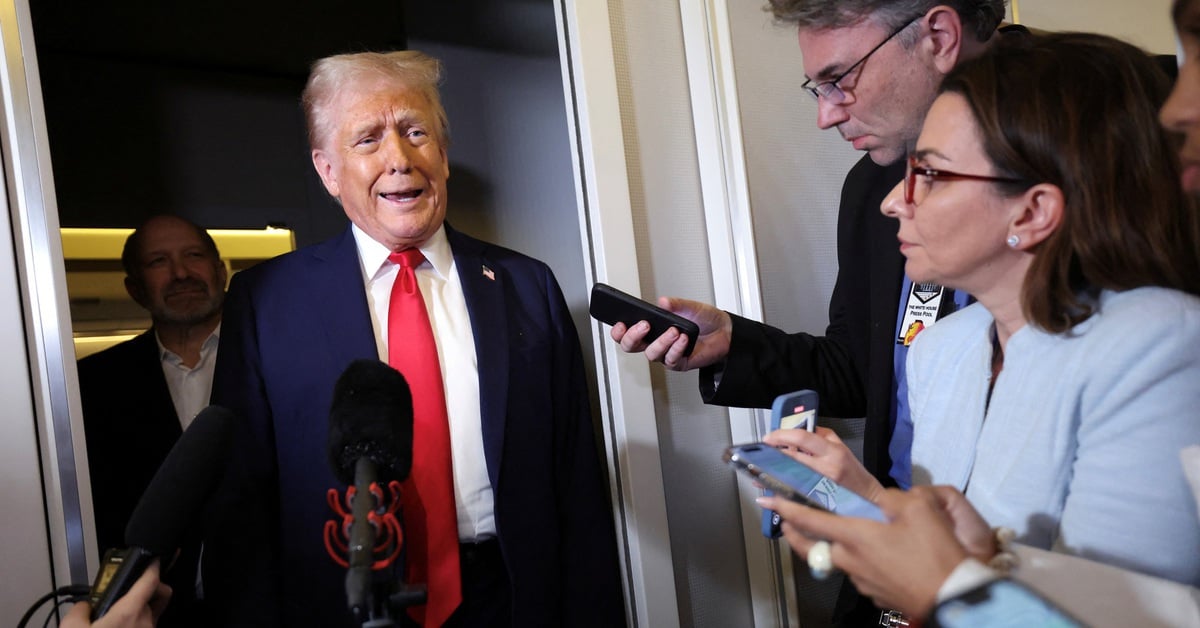
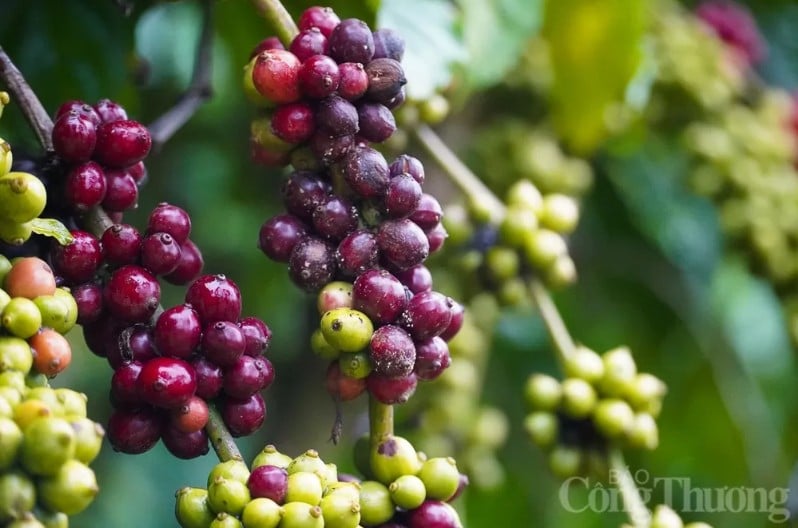
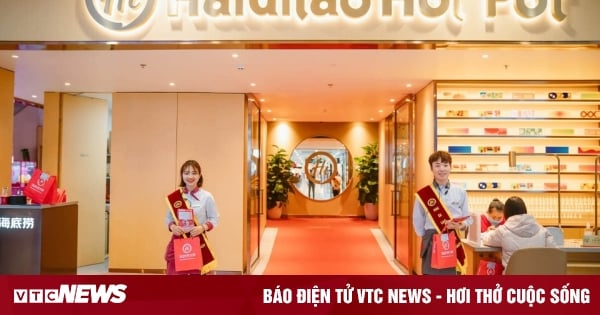
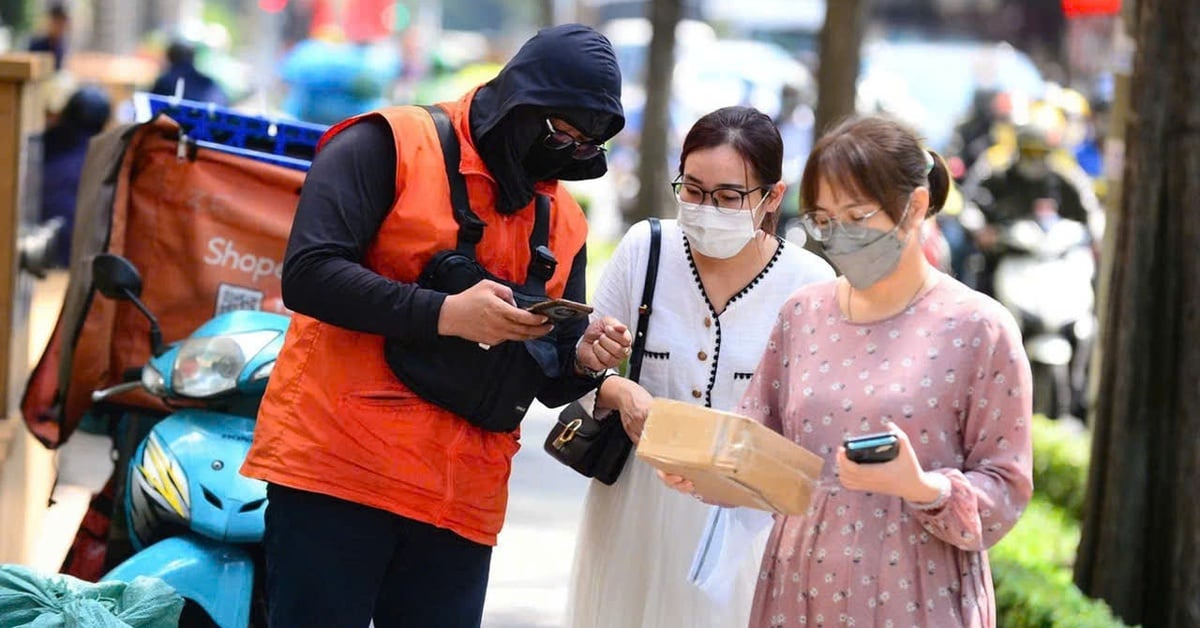
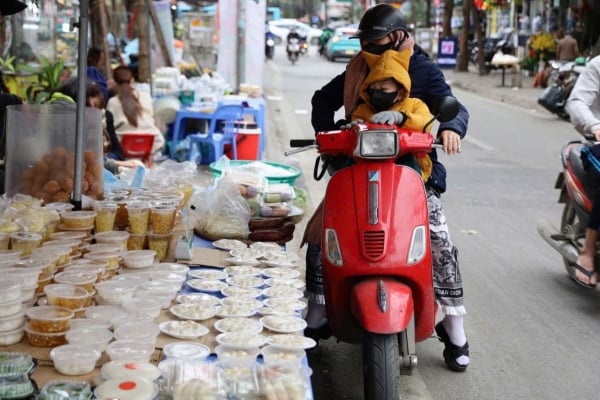



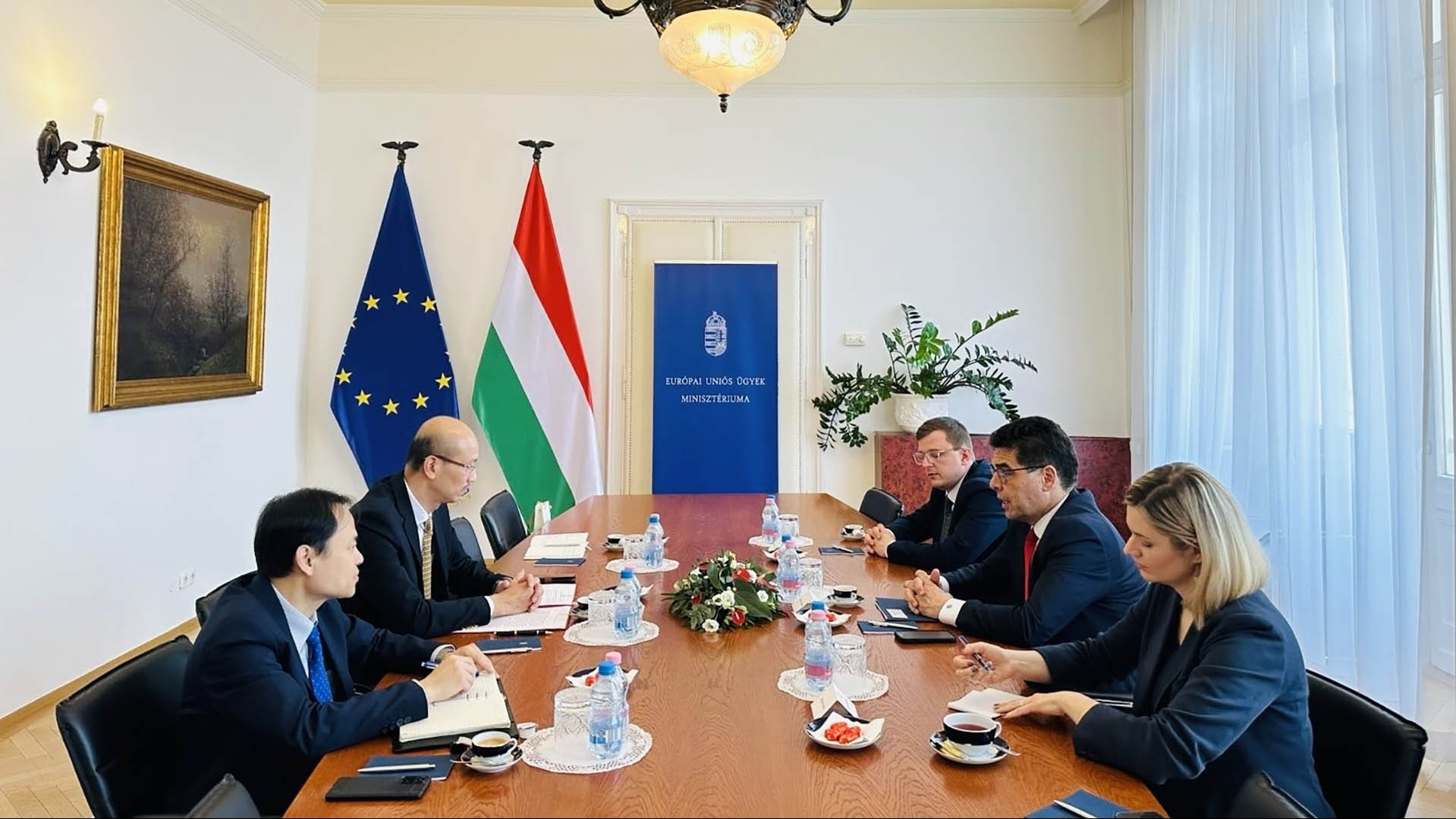
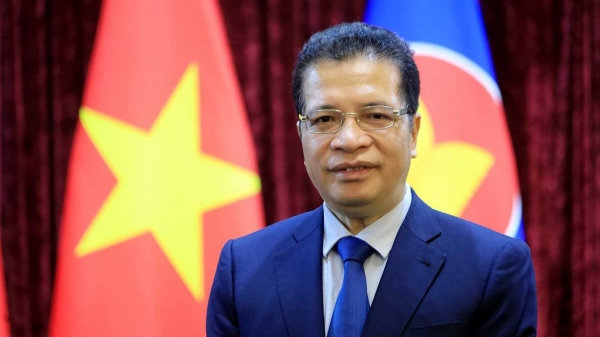
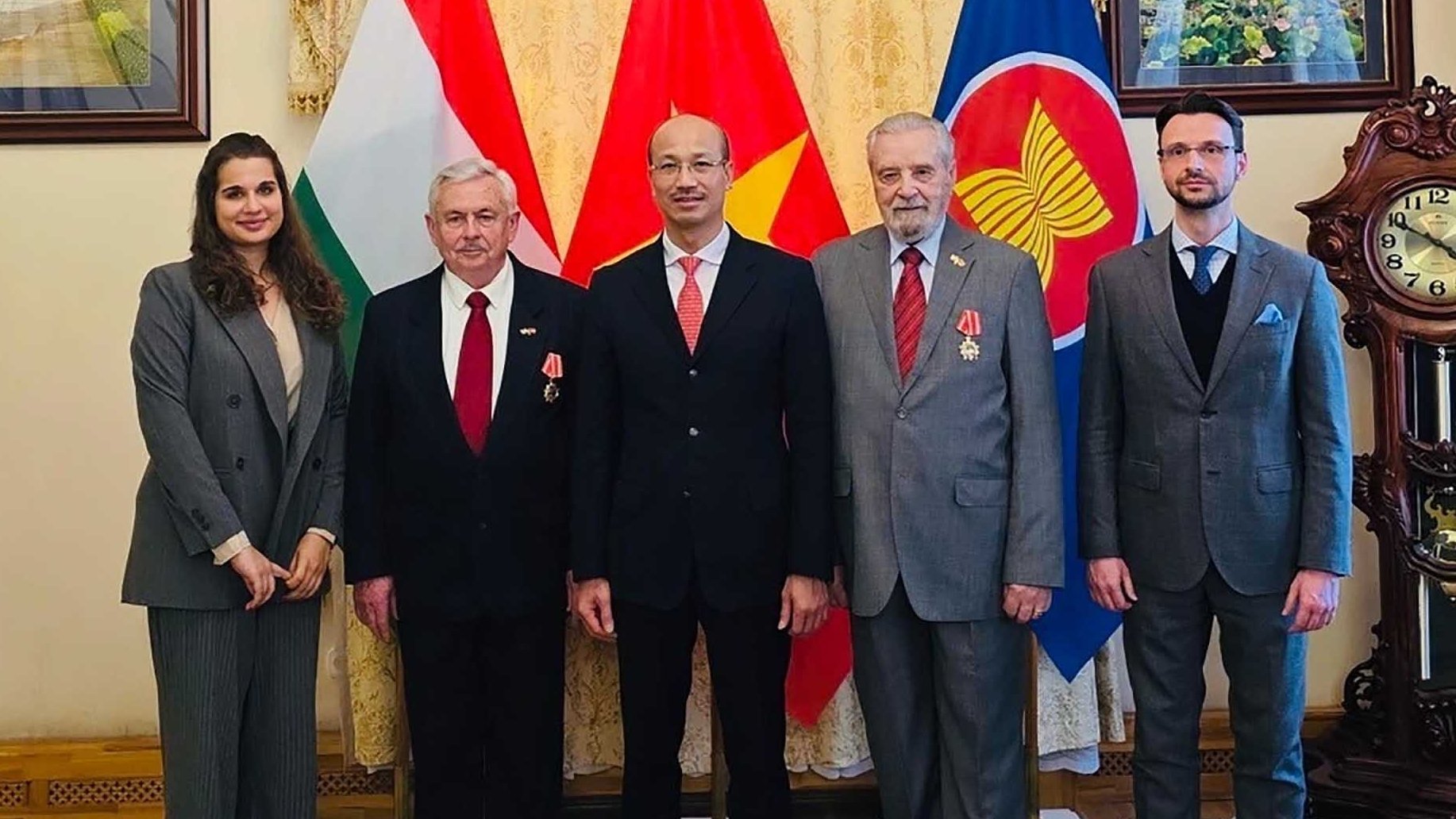
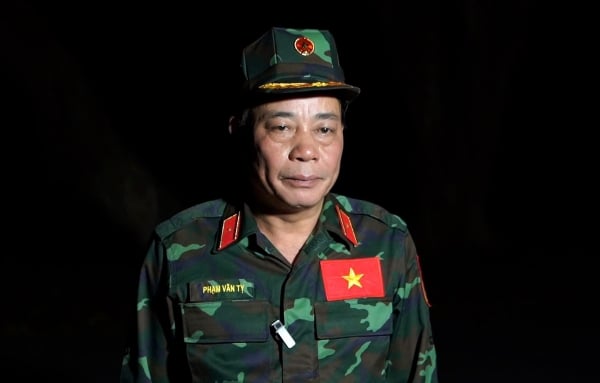
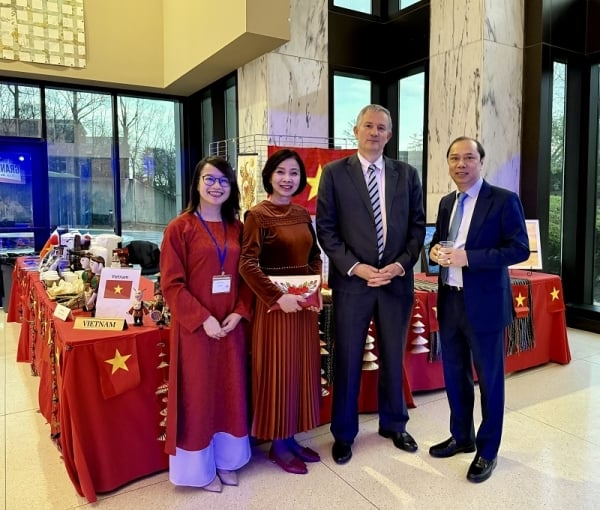

![[Photo] Prime Minister Pham Minh Chinh chairs meeting to remove difficulties for projects](https://vstatic.vietnam.vn/vietnam/resource/IMAGE/2025/3/30/7d354a396d4e4699adc2ccc0d44fbd4f)










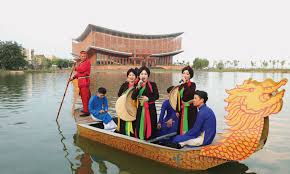

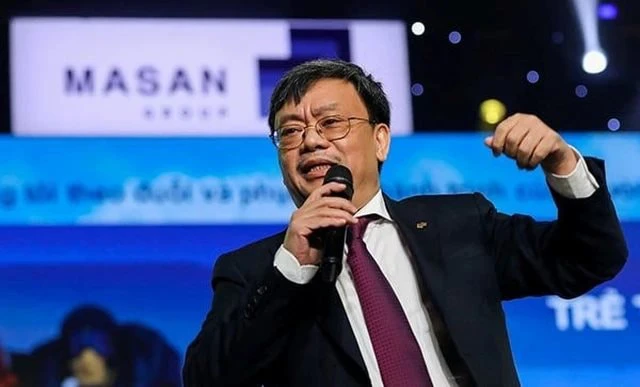



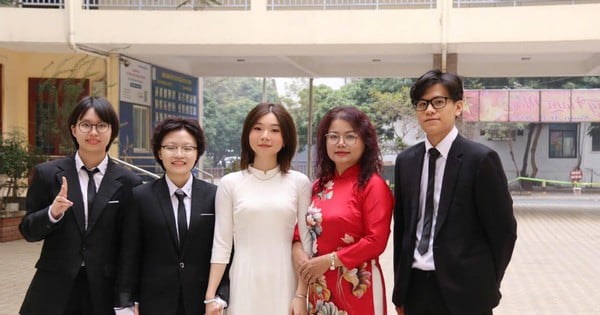

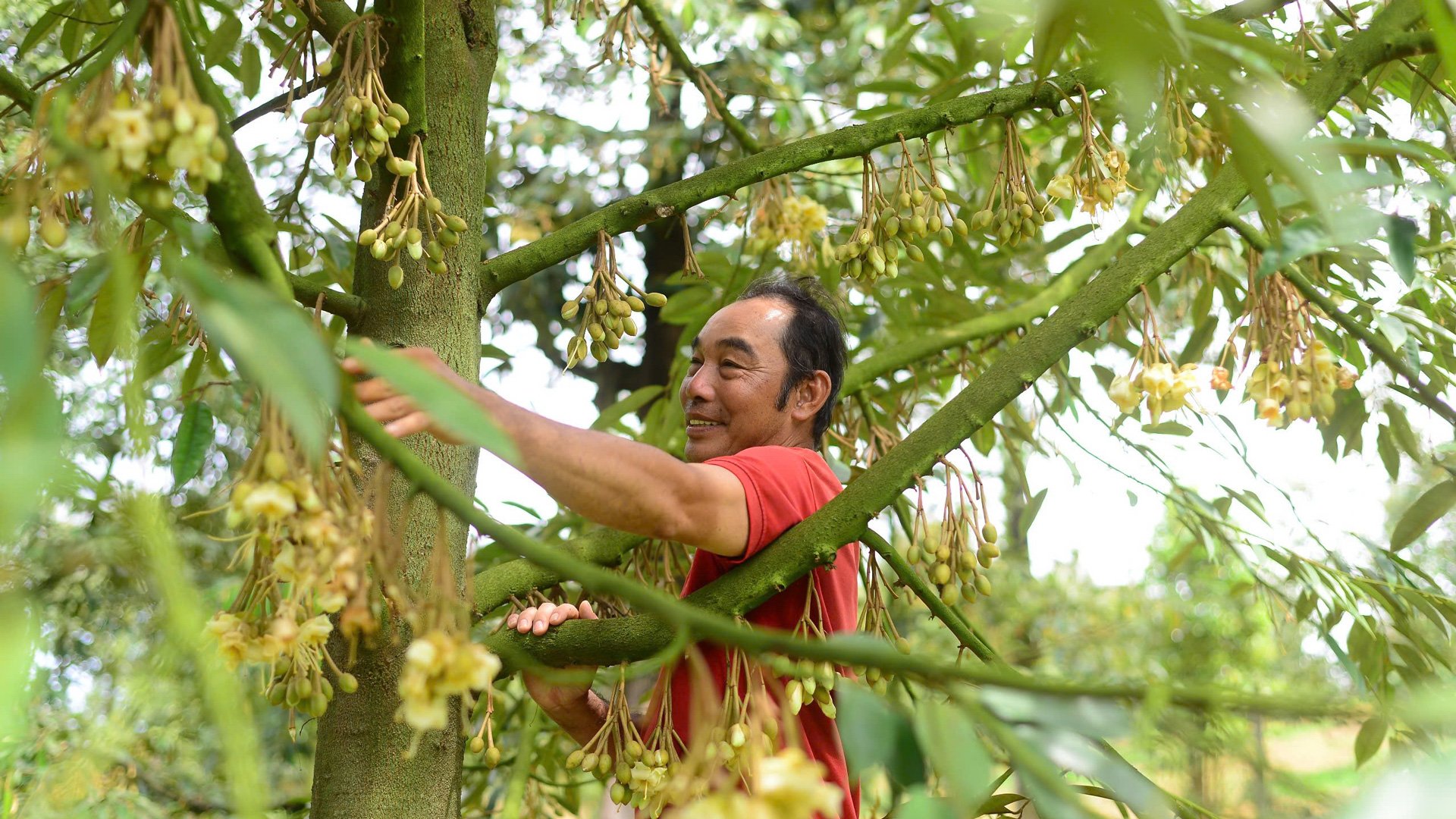












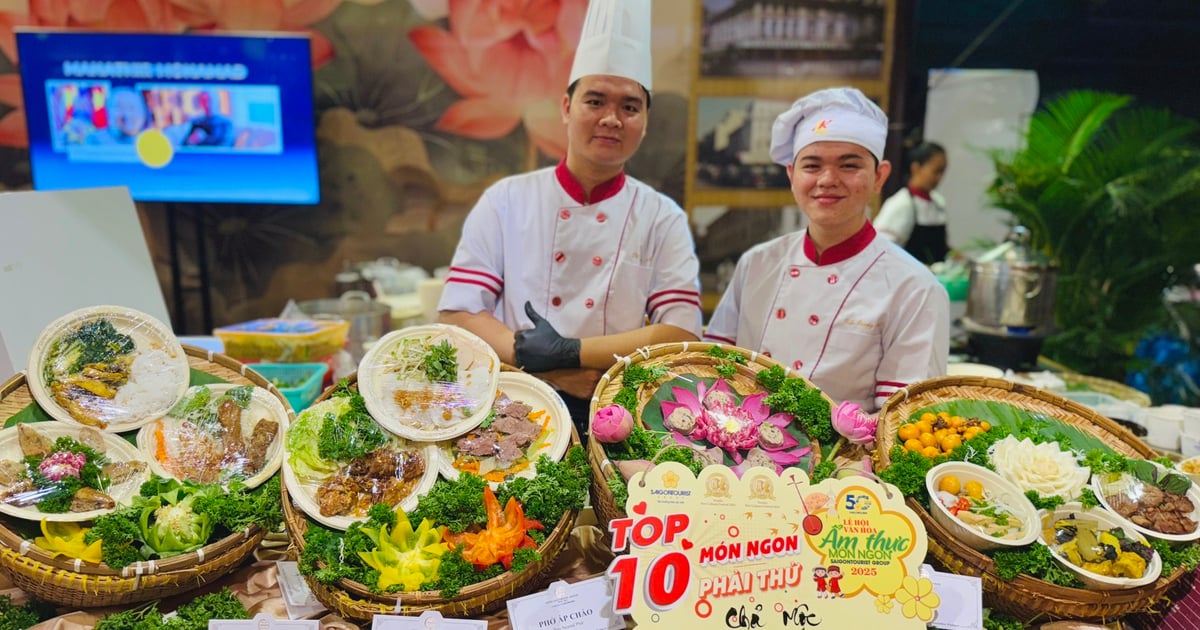


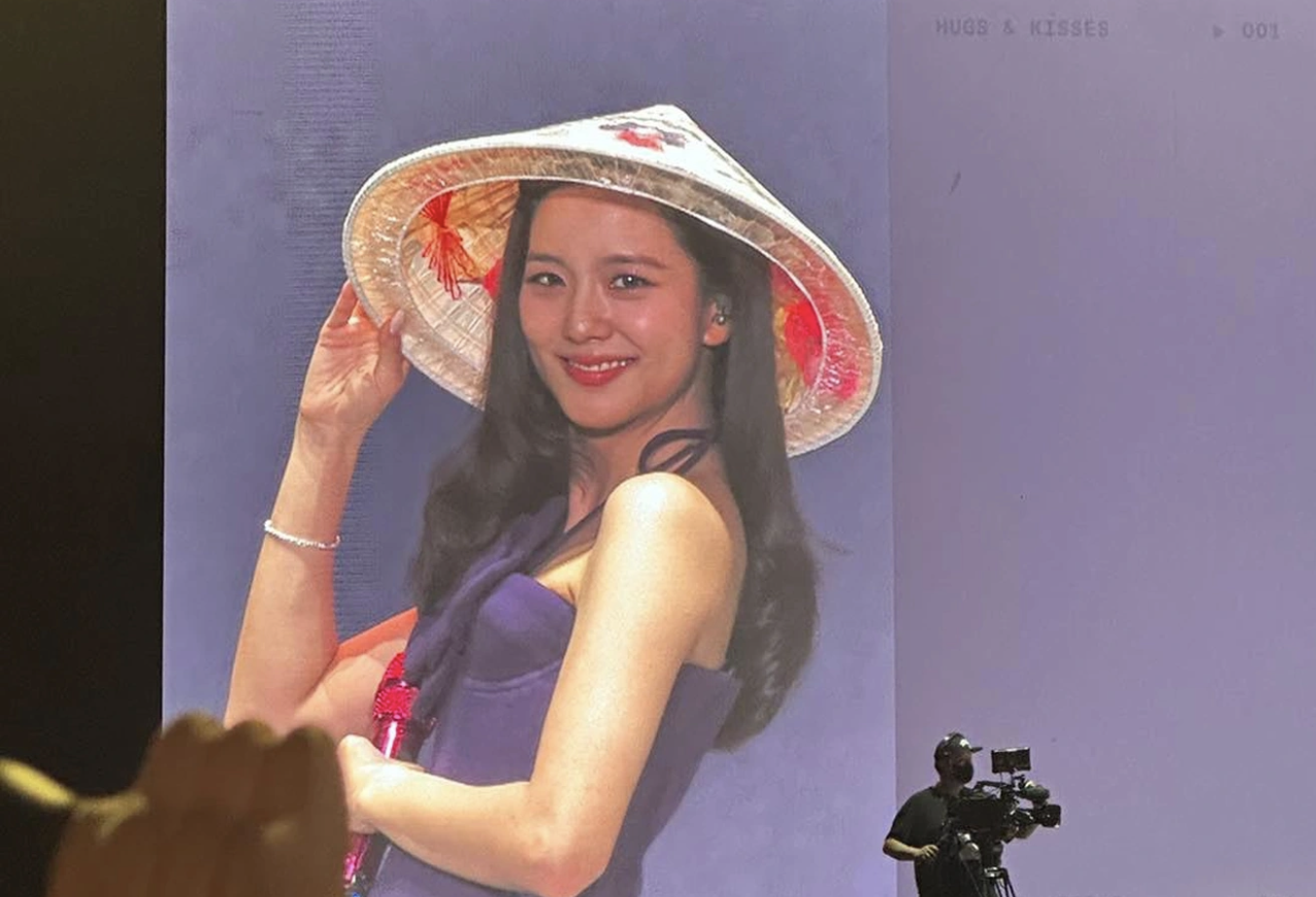

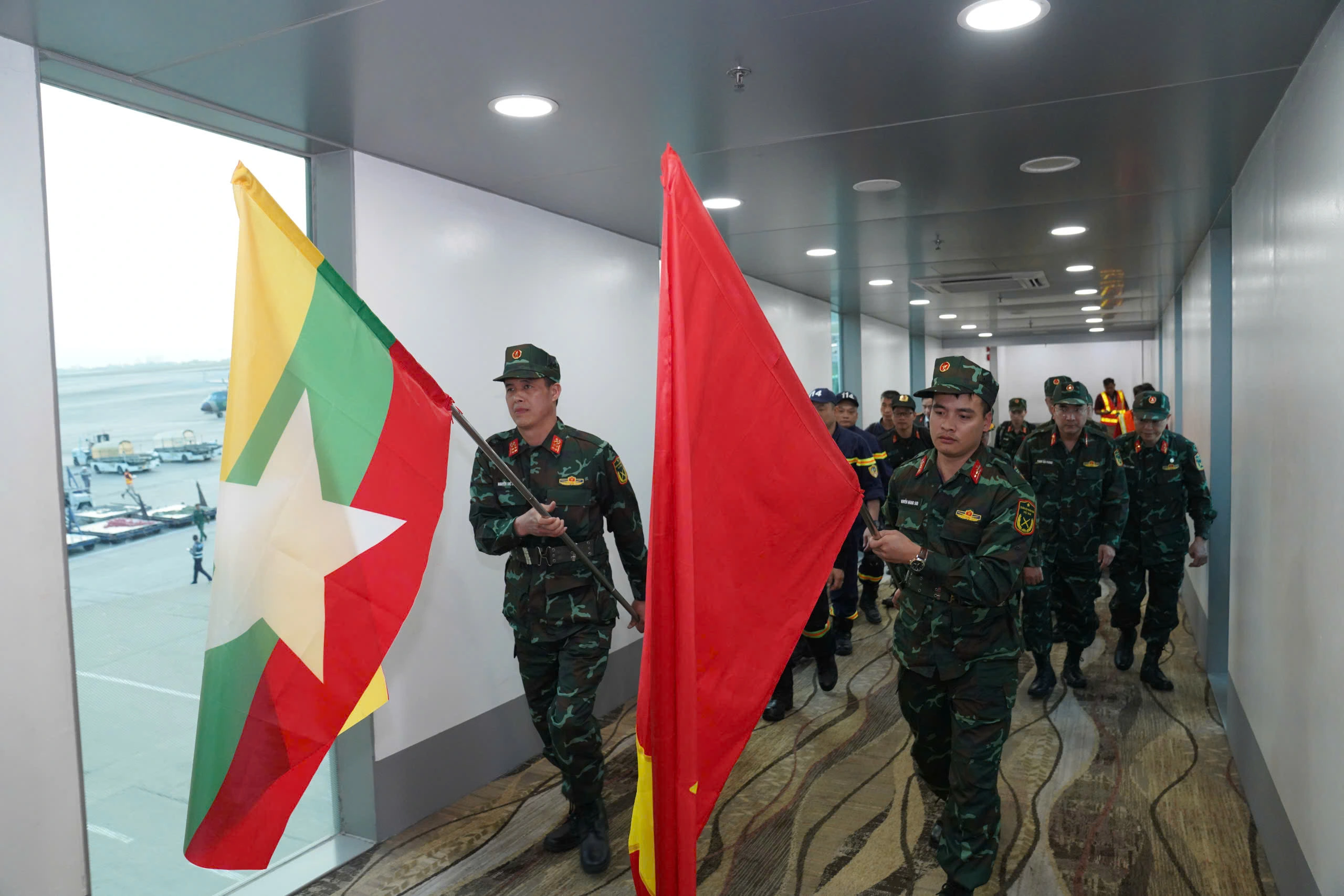
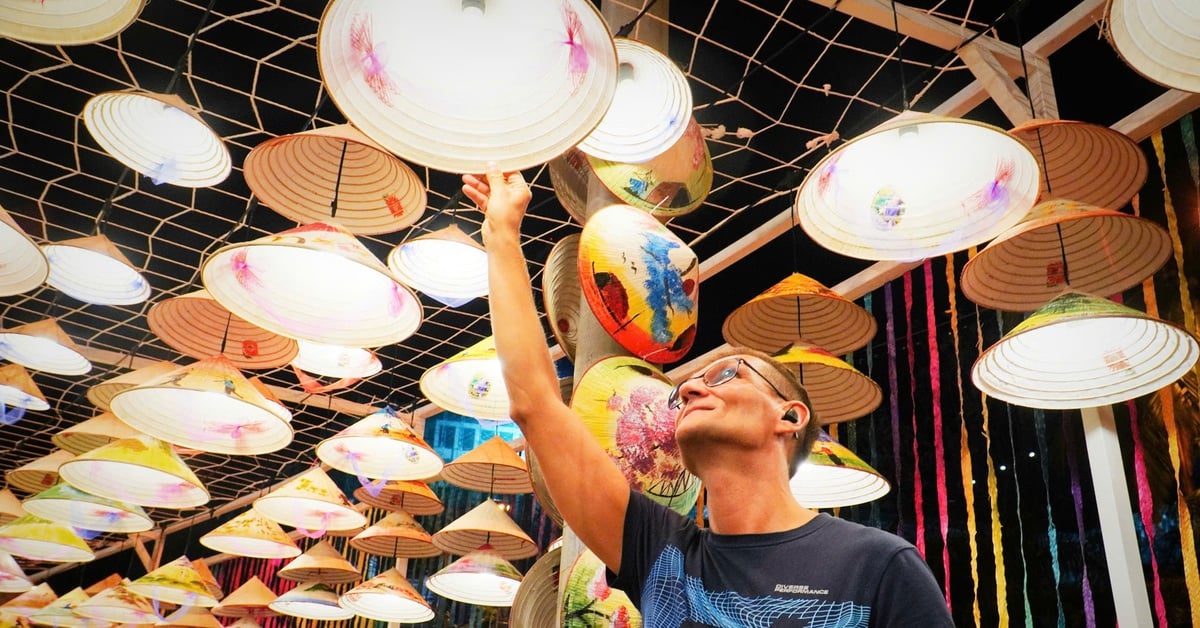
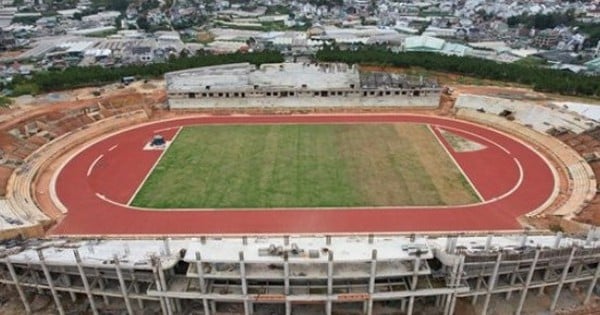

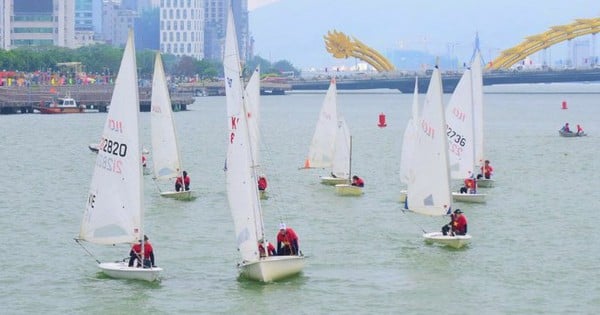
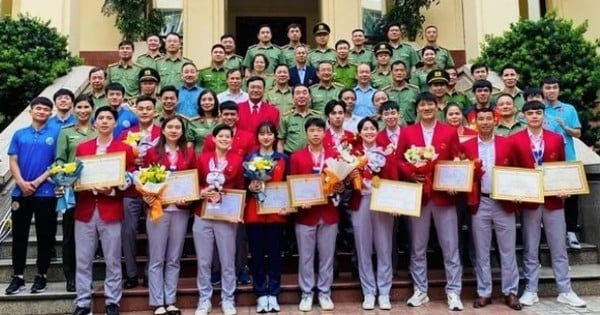

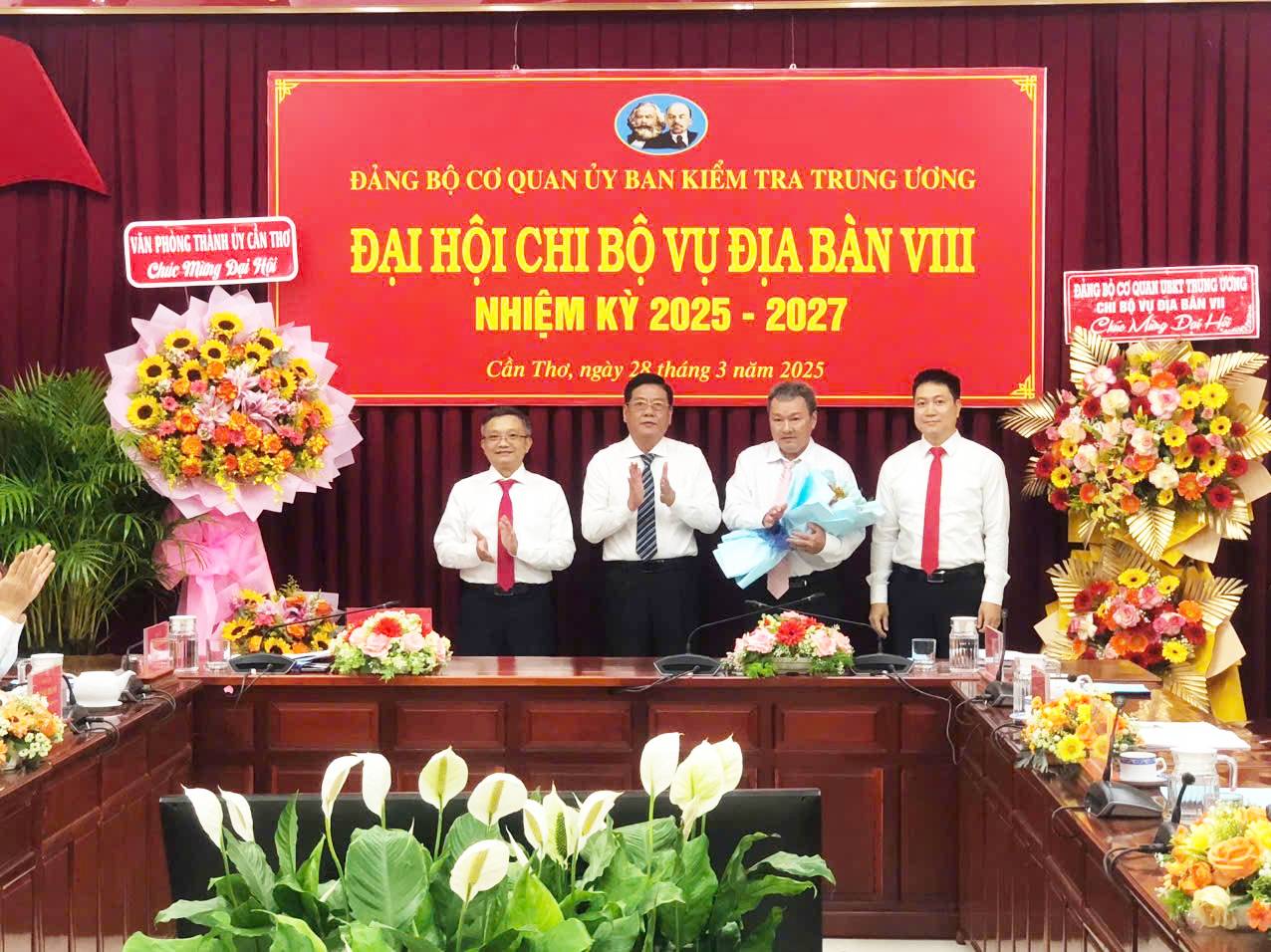

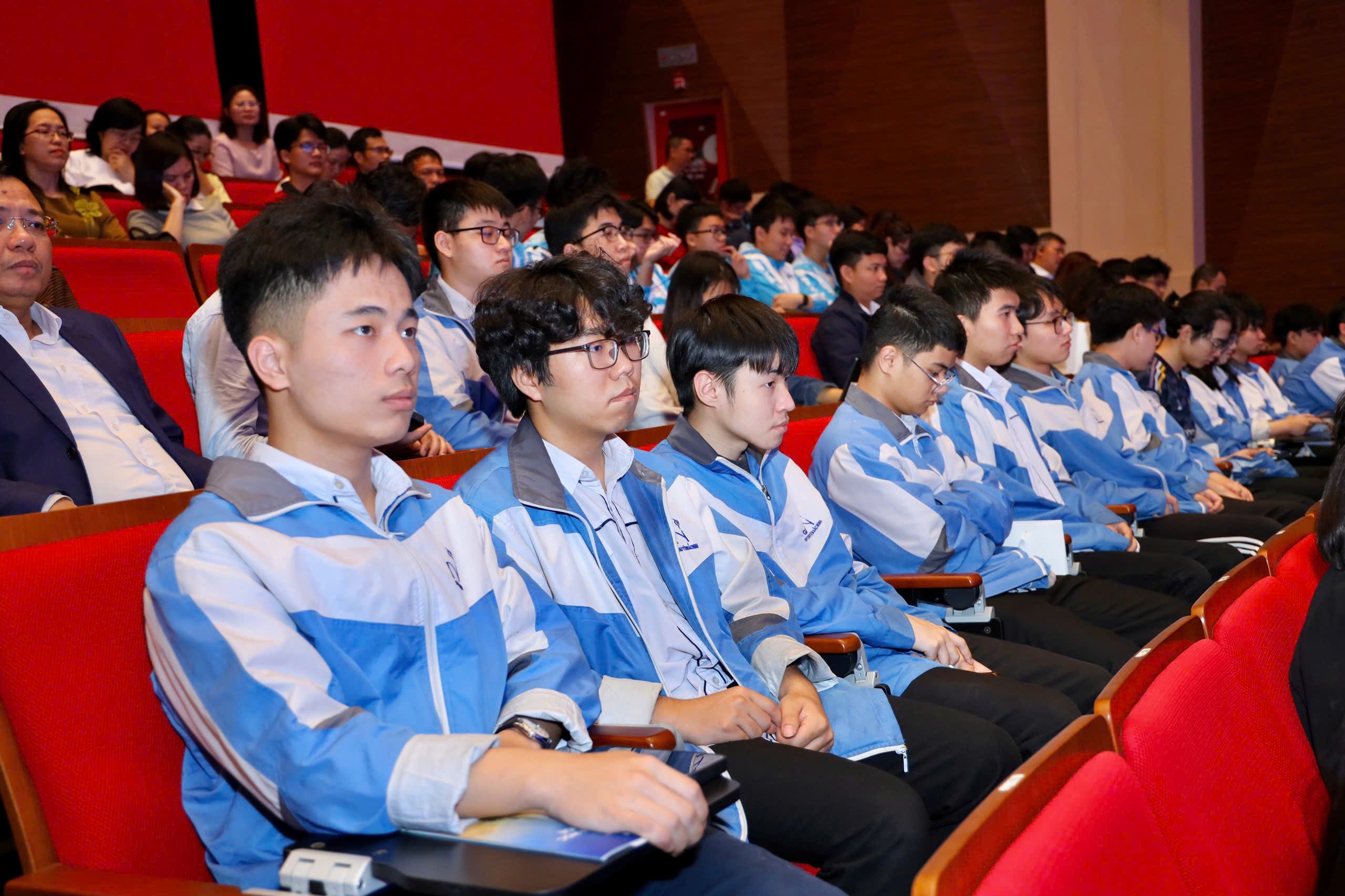

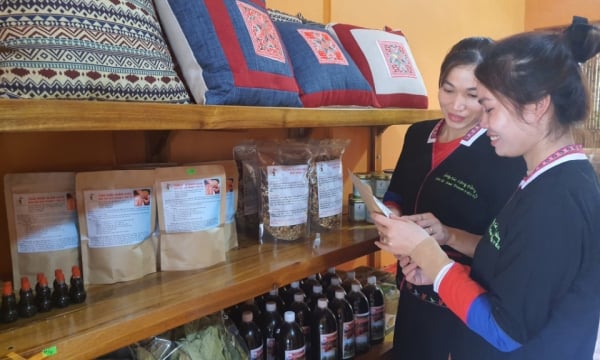
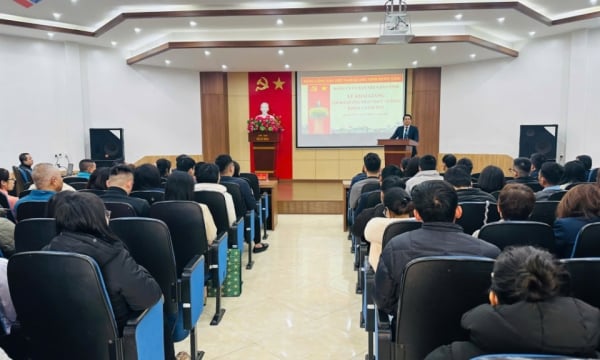

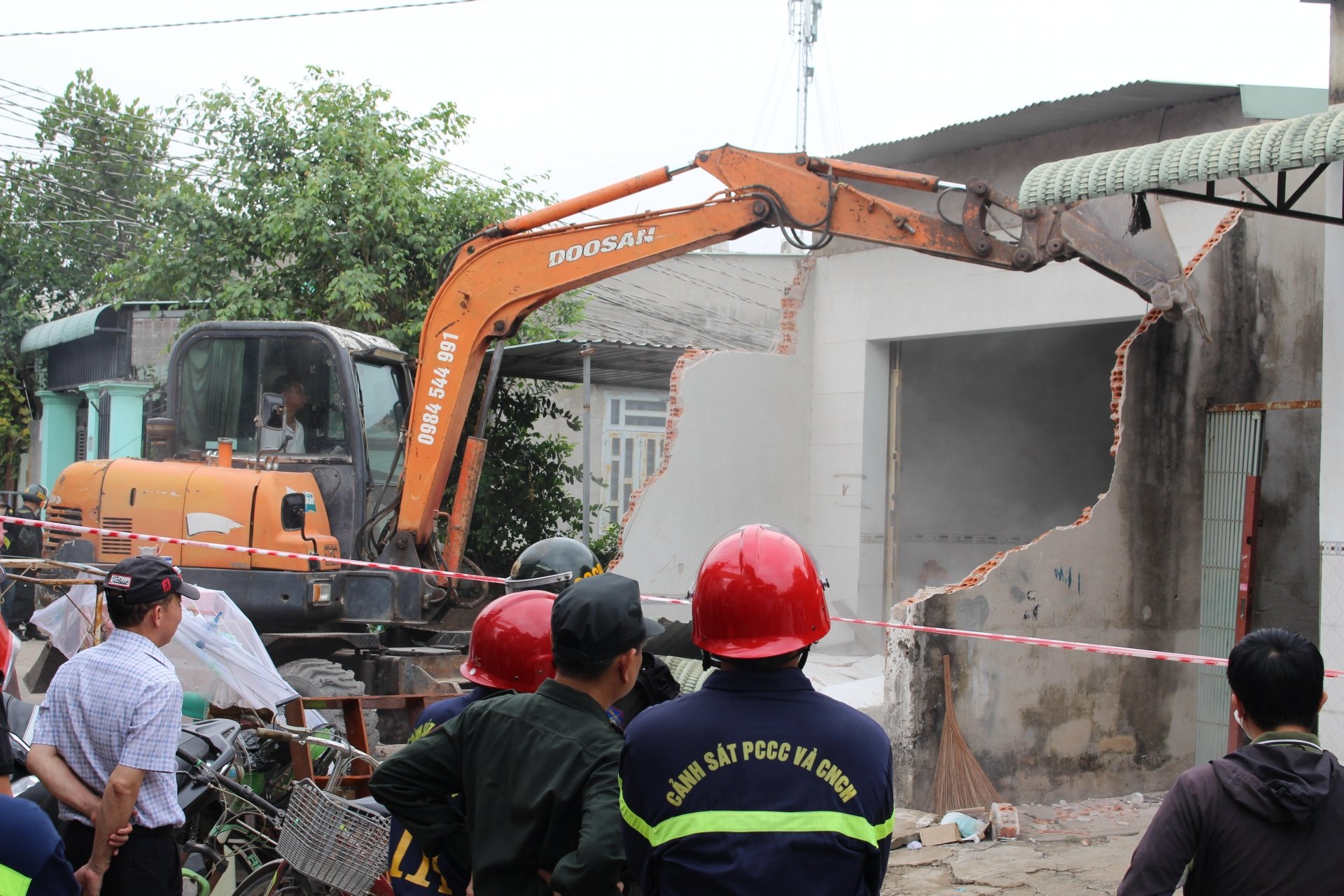

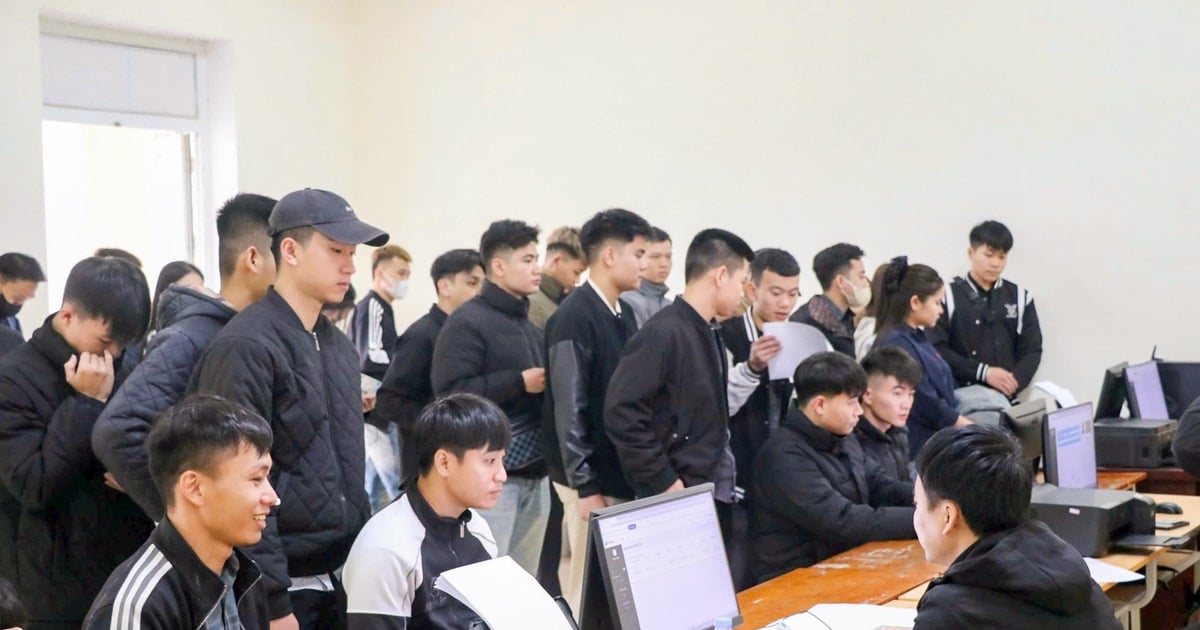

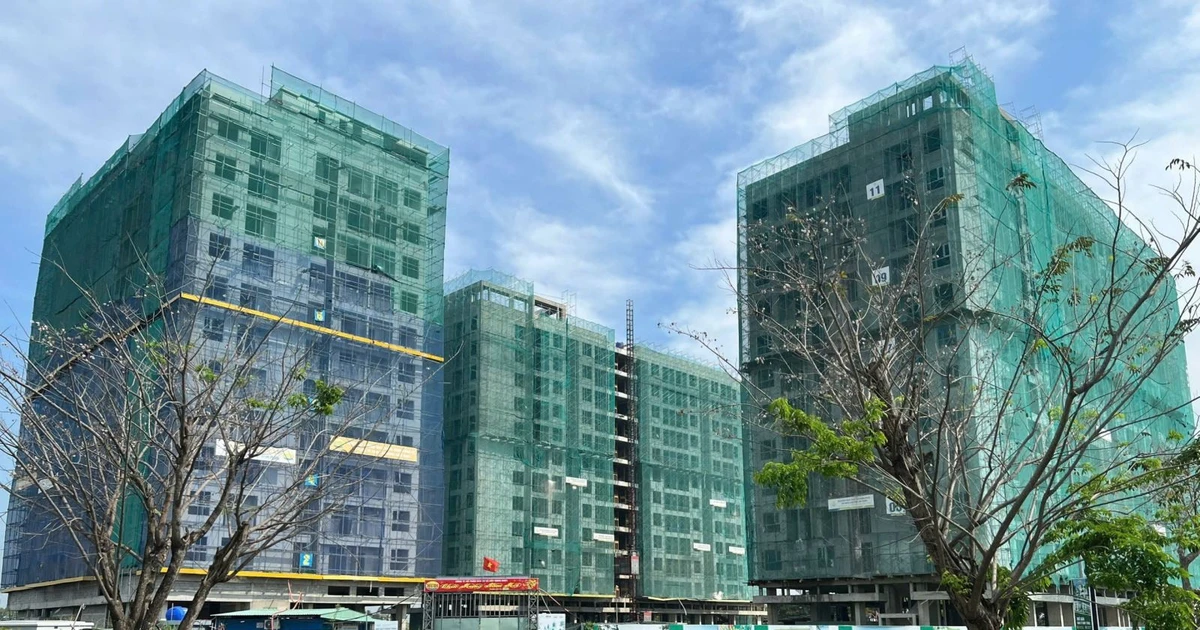

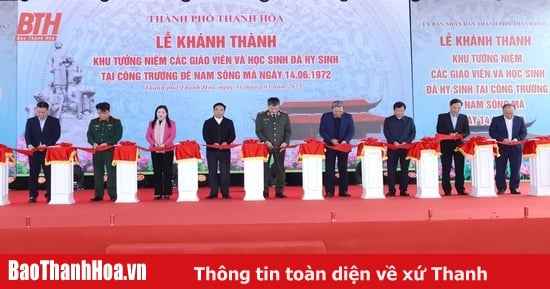







![[REVIEW OCOP] An Lanh Huong Vet Yen Cat](https://vstatic.vietnam.vn/vietnam/resource/IMAGE/2025/3/27/c25032328e9a47be9991d5be7c0cad8c)



Comment (0)